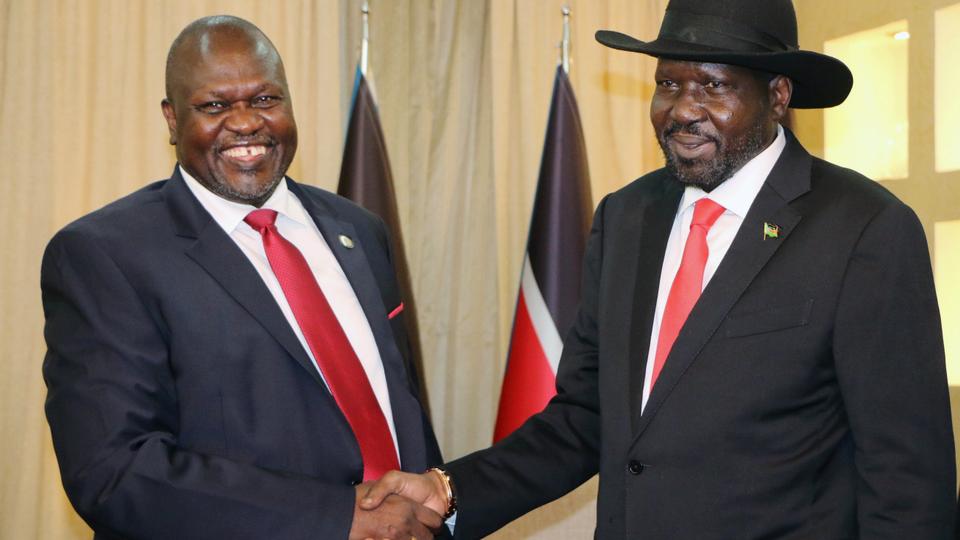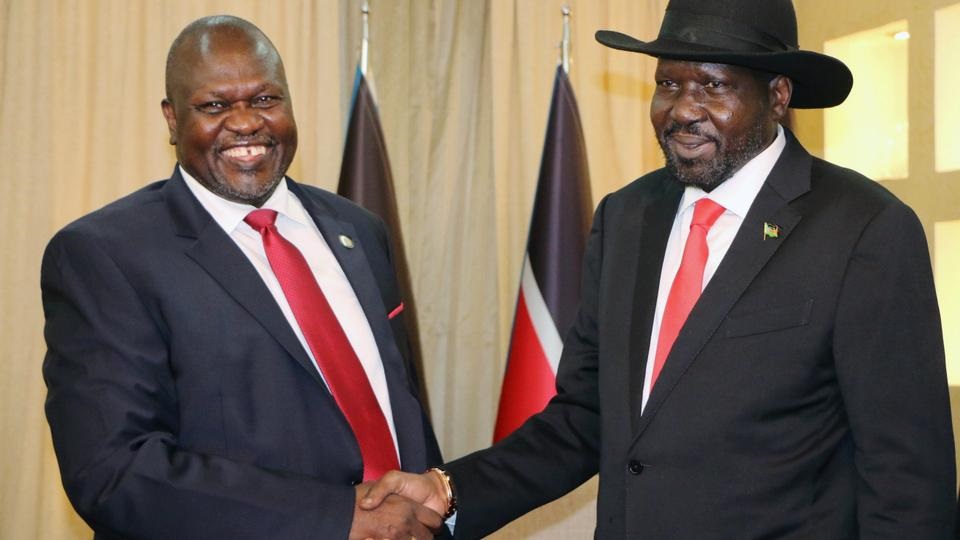
Monitor Warns Lack Of Trust Threatens South Sudan Peace

By Kidega Livingstone
A reduction of trust among the parties signatory to the peace agreement in South Sudan is threatening its implementation, the Reconstituted Joint Monitoring and Evaluation Commission said.
The body, monitoring the three year pact lamented that “lack of trust and political will” among the parties has delayed the security arrangement which is part of the deal and includes the training and graduation of 83,000 forces unified from the army and former rebels.
Most of the soldiers are still in cantonment sites across the country.
says lack of sufficient trust among the main leaders signatories to peace agreement is still a big threat to the full implementation of the Revitalized Agreement on the Resolution of the Conflict in South Sudan.
Speaking on a radio show in Samba FM radio station in Juba, the Deputy Chief of Staff for the Reconstituted Joint Monitoring and Evaluation Commission, Dr. Thompson Fontaine, said the trust deficit is a major challenge to the spirit of peace implementation.
“We still do not feel that the parties trust each other sufficiently. You know there is a lot that needs to be done in terms of the party leadership trusting each other that we are partners of peace and we should be moving forward,” he said.
Fontaine said the regional body, the Intergovernmental Authority for Development, who is the guarantors of the peace agreement, agreed to have a leadership summit in Khartoum in August to cement trust among the top leaders.
In June, President Salva Kiir appointed the SPLA-IO Military Chief of General Staff, Gen. Simon Gatwech as Peace Advisor but he turned it down saying the appointment was to lure him to come to Juba and that such a position does not exist in the peace agreement.
Speaking on July 9 to mark Independence celebrations, Kiir said his leadership has no option but to buy peace for the citizens.
Maj. Gen Charles Tai Gituai, the Interim Chairperson of the Reconstituted Joint Monitoring and Evaluation Commission said there is need for the leaders to do more towards implementing the deal.
“It is incumbent on the parties to the agreement to redouble their effort to push forward, build and demonstrate greater political will, commitment and trust and confidence among themselves,” Gituai said.
“This is a message which will resonate deeply with the public so they see their leaders united in the government of their country.”


































